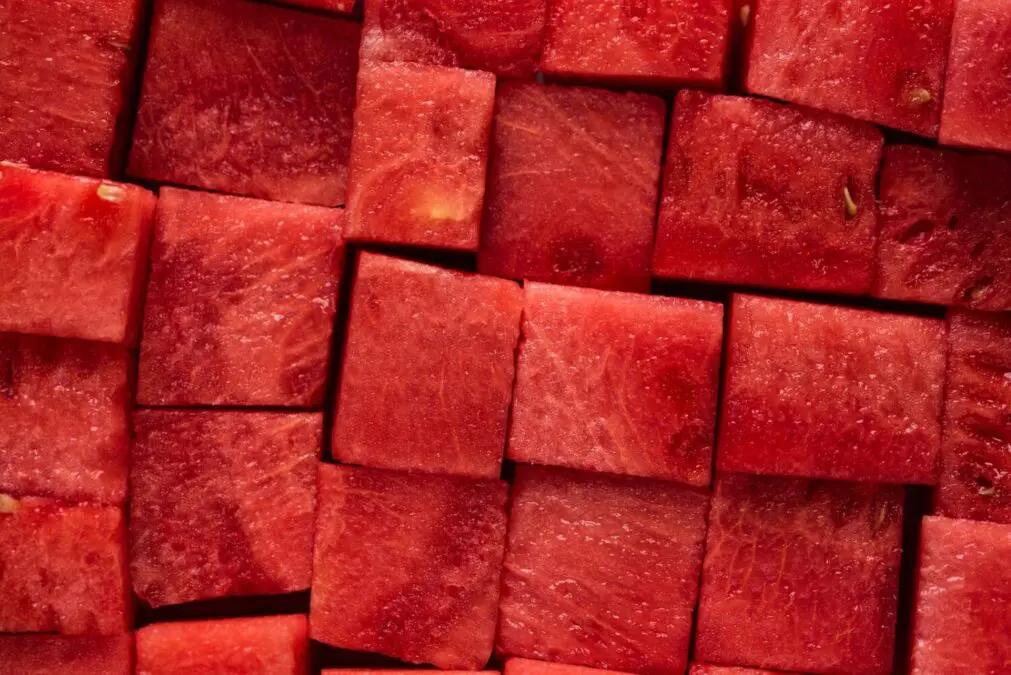Now that summer is in full swing in North America, people have been asking one of our favorite GMO questions again. Let’s clear up a point of confusion: there are no commercially available GMO watermelons!
Like all living things, the crops we eat have chromosomes inside the nucleus of their cells. This is where their genetic information is stored. Different organisms have different numbers of chromosomes and different numbers of copies of those chromosomes. For example, most humans are diploid creatures. We generally have two copies of 23 chromosomes for a total of 46.
Seedless watermelons are triploid, which means they have three copies of their chromosomes rather than two. This renders them sterile, which of course means no seeds to pick out. These watermelons are created by crossing a common diploid watermelon (two copies of each chromosome, just like most humans) with a tetraploid watermelon (which has four copies). Each plant passes on half its genetic information, so the prodigy ends up with three pairs of chromosomes and no viable seeds. Interestingly, our typical (Cavendish) bananas are seedless for the same reason: they are just triploid plantains!
Since some of you have asked, it should be noted that cube-shaped watermelons are also not genetically modified. Those are just grown in a cube-shaped container. Hybrid fruits such as tangelos and mandarinquats are also not GMOs—they are created with traditional crossbreeding methods.
Have more questions about which crops are sometimes GMOs? Drop them in the comments or join the discussion on Instagram.
Article reprinted with permission from the Non-GMO Project“.
Tags: fruit, mutagenesis, non-gmo, seedless fruit







